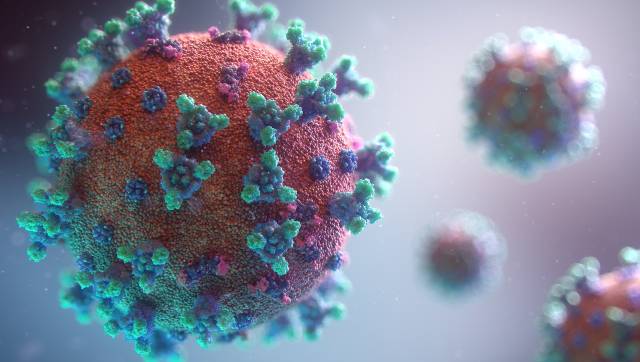London: The hope for long-term immunity from COVID-19 was thrown into doubt on Tuesday as a large UK study concluded that protective antibodies in people fall “quite rapidly” after a coronavirus infection. Imperial College London’s research, which tested more than 3,65,000 people in England, found that antibody response to the novel coronavirus that causes COVID-19 wanes over time, which indicates that any level of immunity could last only a few months. “Seasonal coronaviruses that circulate every winter and cause common colds can re-infect people after six to 12 months,” said professor Wendy Barclay, a virologist who was one of the researchers on the study. “We suspect that the way the body reacts to infection with this new coronavirus is similar to that,” she said. Antibodies are a key part of the body’s immune defences and stop viruses from getting inside the body’s cells. The Imperial College London team found the number of people testing positive with a finger-prick test for antibodies has fallen by 26 percent between June and September. “Our study shows that over time there is a reduction in the proportion of people testing positive for antibodies,” said professor Paul Elliott, director of the programme at Imperial College London. “Testing positive for antibodies does not mean you are immune to COVID-19. It remains unclear what level of immunity antibodies provide, or for how long this immunity lasts. If someone tests positive for antibodies, they still need to follow national guidelines including social distancing measures, getting a swab test if they have symptoms and wearing face coverings where required,” he said. The downward trend was observed in all areas of England and age groups, but not in health workers, which could indicate repeated or higher initial exposure to the virus, the authors suggest. “This very large study has shown that the proportion of people with detectable antibodies is falling over time. We don’t yet know whether this will leave these people at risk of reinfection with the virus that causes COVID-19, but it is essential that everyone continues to follow guidance to reduce the risk to themselves and others,” said professor Helen Ward, one of the lead authors. The decline was largest in people aged 75 and above compared to younger people, and also in people with suspected rather than confirmed infection, indicating that the antibody response varies by age and with the severity of illness. The decline was largest in people who didn’t report a history of COVID-19, dropping by almost two-thirds (64 percent) between rounds one and three, compared to a decrease of 22.3 percent in people who had an infection confirmed by lab testing. UK Health Minister Lord Bethell said the research would help inform the government’s continued response to the disease. “It is also important that everyone knows what this means for them. This study will help in our fight against the virus, but testing positive for antibodies does not mean you are immune to COVID-19, said Lord James Bethell. “Regardless of the result of an antibody test, everyone must continue to comply with government guidelines including social distancing, self-isolating and getting a test if you have symptoms and always remember ‘Hands, Face, Space’, " he said. People in London had the highest proportion of positive tests across the country, at around twice the national average. Health and care workers, ethnic minority groups, and those living in deprived areas and large households also had the greatest burden of past infection. The latest findings, part of the government-backed Real-time Assessment of Community Transmission (REACT) studies, suggest a decline in the level of immunity in the population in the months following the first wave of the pandemic, leading to the second wave currently underway across the UK. However, experts believe more work is still needed before any conclusive evidence on long-term immunity and also how the novel coronavirus would react to a viable vaccine that clears clinical trials to be rolled out against COVID-19. Some high-risk sections of the population may require additional follow-up booster doses to boost levels of immunity.
The study, which tested more than 3,65,000 people in England, noted a downward trend in antibodies in all areas and age groups, but not in health workers, which the authors say could indicate repeated or higher initial exposure to the virus
Advertisement
End of Article


)

)
)
)
)
)
)
)
)



